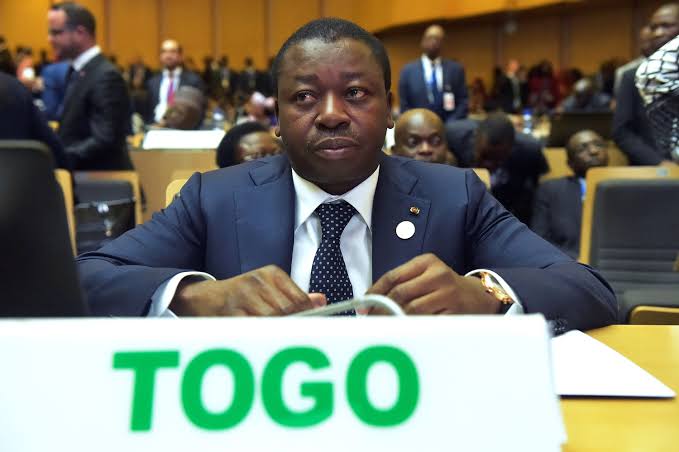The political landscape in Togo is heating up as the opposition vehemently opposes the proposed new constitution, labeling it a strategic maneuver by President Faure Gnassingbé to maintain his grip on power. The suggested shift from a presidential to a parliamentary system has sparked concerns among critics, who view it as a thinly veiled attempt to prolong President Gnassingbé’s rule.
The opposition’s stance is clear: the reforms are a facade, a cleverly disguised power grab that could see the president’s tenure extend until 2031 and beyond. They fear that the new role of “president of the council of ministers,” akin to a prime minister, would allow President Gnassingbé to continue his family’s long-standing dominance over Togolese politics.
Despite the government’s claims that the changes aim to enhance democracy and reduce the president’s powers, the opposition remains skeptical. Their distrust has been further fueled by the disruption of an anti-reform press conference and the widespread reluctance among citizens to voice their opinions publicly, for fear of retribution.
In response to the escalating tension, President Gnassingbé has paused the reforms for further consultation. However, the opposition is not backing down, demanding a complete withdrawal of the amendments. As the nation approaches the rescheduled parliamentary elections on April 29, the world watches to see if Togo will navigate towards democratic reform or continue on a path of contested governance.


